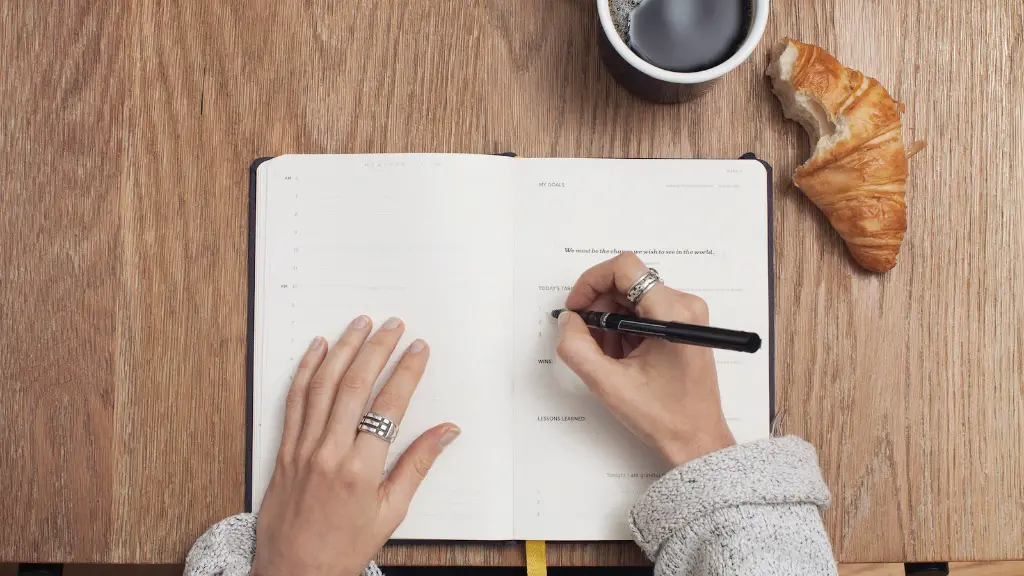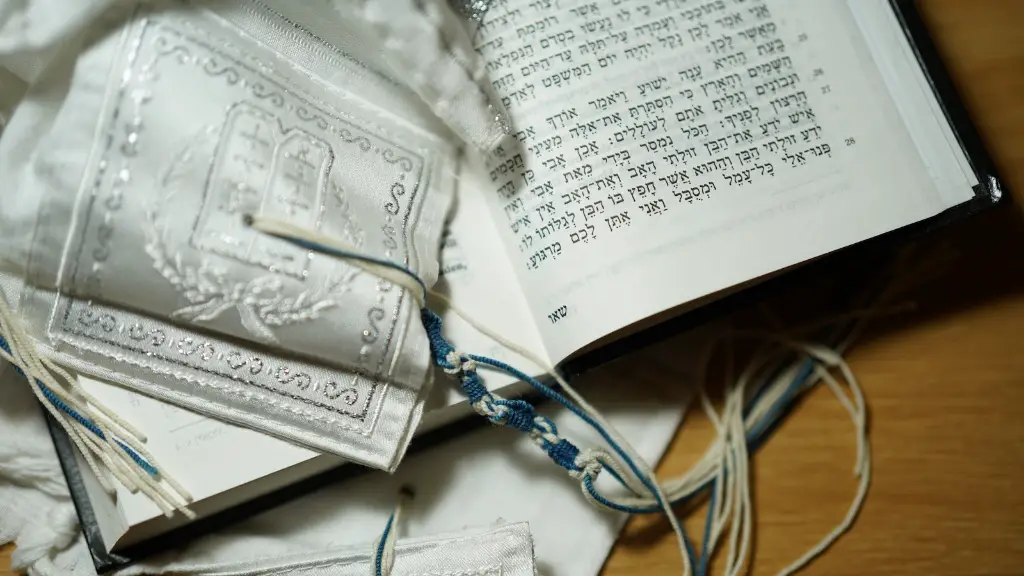When it comes to the discussion of meter in poetry, the talk usually centres around the idea of how rhythmic the words in the poem sound. It is an intense area of study that requires a great deal of concentration and thought. Meter in a poem usually dictates how it will be read and how it will be interpreted. Depending on the type of poem, meter can also drastically effect the impact and meaning of the work.
The definition of meter in poetry is the rhythm or pattern of stressed and unstressed syllables which makes up the lines and stanzas. Each line of poetry may have different number of syllables, but it is the distinct pattern of stressed and unstressed syllables that distinguish the poem from another.
The use of metrical language by poets has been around since the Ancient Greek times where a set of standard measurements or ‘feet’ were used. Over the centuries the use of meter in poetry has evolved to the many forms we recognise today, such as the French alexandrine, the Italian hendecasyllable, the common meter of William Shakespeare, and the free verse of modern-day poets such as Walt Whitman. But all of these meters still have the same basic concept: a rhythm and a pattern of stressed and unstressed syllables.
Meter often plays an important role in the interpretation of a poem and it’s emotional impact. For example, some poems create tension by playing with different meters within a single line. Take John Keats ‘La Belle Dame Sans Merci’ for instance. In this poem, different feet alternate within the same line creating a sense of unease and building to a powerful emotional climax. The shifting meter creates an almost musical effect that tells the story of the poem in an intense and captivating way.
It is widely accepted that the use of meter in poetry adds to its emotional or personal impact. Meter can determine the tone of a poem: the dotted rhythms of a sestina adds a certain lightness to the work, while the spondee of the iambic pentameter gives the poem a heavy and melancholic tone. It conveys the feeling and idea of the poem in a way that words alone cannot, as the sound creates a richer, more engaging experience for the reader.
In recent decades, many poets have abandoned the idea of meter completely and embraced ‘free verse’. Free verse is an unpredictable structure of writing, where the poet will write whatever feels natural, with no set meter, rhyme or form. Free verse is considered the more modern approach, and is often used to express emotion and personal experience in an explicit and fluid way.
Meter and Meaning
The use of meter in a poem is important to its meaning and should not be taken lightly. Metrical language creates a nuanced and complex structure that can influence how the reader experiences the poem. When a poet chooses a particular meter, they are deliberately trying to elicit a certain emotion or convey a certain message. It can add a level of insight to the poem in a way that words alone cannot.
Is Meter Essential?
Some believe that metrical language is an essential part of poetry while others argue that the idea of meter is outdated and irrelevant. It really depends on the poet and their own personal style. Some poets prefer meter and structure as it helps to create a cleaner, more ordered poem; others prefer free verse and its unpredictable nature.
Modern Poetry
Modern poetry has become a mix of both traditional and free form approaches, with many poets opting for a combination of both. Through this combination of techniques poets have become more expressive and unique with their writing. The use of meter no longer had to be bound to specific rules and forms, allowing the poets more freedom and creativity.
The Future of Meter
The use of meter in poetry will undoubtedly stay an important element in poetic practice, debating between the use of traditional and free verse will always stay. Whether it is an essential element is still debatable, but it is undeniable that the use of metrical language can add an interesting and powerful dimension to a poem.


